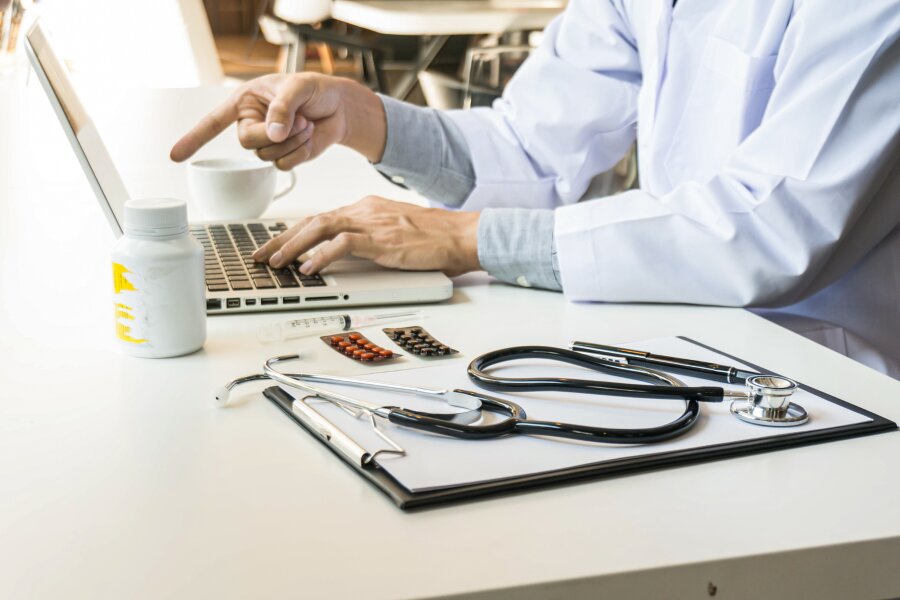Best Biotechnology Lawyers in Gros Islet
Share your needs with us, get contacted by law firms.
Free. Takes 2 min.
List of the best lawyers in Gros Islet, Saint Lucia
We haven't listed any Biotechnology lawyers in Gros Islet, Saint Lucia yet...
But you can share your requirements with us, and we will help you find the right lawyer for your needs in Gros Islet.
Find a Lawyer in Gros IsletAbout Biotechnology Law in Gros Islet, Saint Lucia
Biotechnology in Gros Islet, Saint Lucia, is an emerging field that combines biological research with technology to develop innovative products and solutions. This sector is relevant in various areas, including agriculture, healthcare, and environmental management. The local biotechnology industry focuses on leveraging Saint Lucia's rich biodiversity and natural resources to drive advancements that can contribute to sustainable development and economic growth. As the industry grows, the need for specialized legal guidance becomes increasingly important to navigate the complexities of biotechnology law.
Why You May Need a Lawyer
Individuals and businesses operating within the biotechnology sector in Gros Islet may require legal assistance for several reasons, including but not limited to:
- Intellectual Property Protection: Safeguarding patents, trademarks, and copyrights for biotech innovations.
- Regulatory Compliance: Ensuring that products and processes comply with local, regional, and international regulations.
- Contract Negotiations: Drafting and reviewing contracts related to research, development, and partnerships.
- Licensing and Commercialization: Support in licensing agreements and commercialization of biotech products.
- Dispute Resolution: Addressing any legal disputes that may arise in the course of biotech operations.
Local Laws Overview
The legal framework governing biotechnology in Gros Islet, Saint Lucia, is influenced by both national laws and regional agreements. Key aspects of the legal landscape include:
- Intellectual Property Act: Provides the regulations for protecting biotechnological inventions.
- Environmental Protection Legislation: Governs the use of biological resources and ensures environmental sustainability.
- Health and Safety Standards: Dictates the standards for safe research practices and product usage.
- Regional Agreements: Includes adherence to CARICOM policies and protocols relevant to biotechnology.
Frequently Asked Questions
What is biotechnology?
Biotechnology is the use of biological systems, organisms, or derivatives to make products or processes for specific use. It combines elements of biology and technology to advance fields such as agriculture, medicine, and environmental management.
Do I need a patent for my biotechnology invention in Saint Lucia?
Yes, obtaining a patent is crucial for protecting your intellectual property and ensuring that your invention is legally safeguarded from unauthorized use.
How can I ensure compliance with environmental regulations for my biotech project?
It is important to familiarize yourself with local environmental laws and seek legal advice to ensure your project adheres to all necessary regulations and standards.
What should I know about biotechnology in the agriculture sector?
Biotechnology solutions in agriculture can enhance crop yield, pest resistance, and resource efficiency. However, legal aspects such as GMO regulations and biosafety must be considered.
Are there specific local laws applying to biopharmaceutical developments?
Yes, regulations related to health safety and licensing apply to biopharmaceutical developments, ensuring that all processes meet national and international health standards.
What role do regional organizations play in biotechnology regulation?
Regional organizations like CARICOM provide policy frameworks that influence national biotechnology laws and ensure regional coherence in regulatory practices.
How can I protect trade secrets in the biotech industry?
Besides patenting, maintaining confidentiality agreements and implementing strong internal protection measures are key strategies for safeguarding trade secrets.
What legal challenges might biotech startups face?
Common challenges include navigating complex patenting processes, meeting regulatory compliance, securing financing, and managing intellectual property rights.
Can biotechnology be used for environmental benefits?
Yes, biotechnology offers solutions for pollution reduction, waste management, and the conservation of biodiversity, aligning with sustainable development goals.
What should I do if I face a legal dispute in biotechnology?
It is advisable to seek legal counsel experienced in biotechnology to understand your rights, explore dispute resolution options, and ensure a fair process.
Additional Resources
For further assistance, you may consider reaching out to the following resources that can provide guidance and information:
- Ministry of Sustainable Development: Offers insights into regulations related to environmental and biological resources.
- Intellectual Property Office of Saint Lucia: Provides information and services related to patenting biotech innovations.
- Saint Lucia Bureau of Standards (SLBS): Assists in maintaining quality and safety standards for biotech products.
- OECS (Organisation of Eastern Caribbean States): Provides regional guidance and policy frameworks affecting the biotechnology sector.
Next Steps
If you require legal assistance in the field of biotechnology in Gros Islet, Saint Lucia, consider taking the following steps:
- Identify Your Needs: Clearly define the legal issues you are facing or anticipate facing.
- Research Legal Professionals: Seek lawyers or law firms specializing in biotechnology and intellectual property law.
- Consult with Experts: Arrange consultations with potential legal advisors to assess their expertise and approach.
- Engage Legal Services: Once satisfied with your selection, formally engage their services to ensure legal compliance and protection.
With the right legal guidance, navigating the complex field of biotechnology law can become a smoother and more effective process.
Lawzana helps you find the best lawyers and law firms in Gros Islet through a curated and pre-screened list of qualified legal professionals. Our platform offers rankings and detailed profiles of attorneys and law firms, allowing you to compare based on practice areas, including Biotechnology, experience, and client feedback.
Each profile includes a description of the firm's areas of practice, client reviews, team members and partners, year of establishment, spoken languages, office locations, contact information, social media presence, and any published articles or resources. Most firms on our platform speak English and are experienced in both local and international legal matters.
Get a quote from top-rated law firms in Gros Islet, Saint Lucia — quickly, securely, and without unnecessary hassle.
Disclaimer:
The information provided on this page is for general informational purposes only and does not constitute legal advice. While we strive to ensure the accuracy and relevance of the content, legal information may change over time, and interpretations of the law can vary. You should always consult with a qualified legal professional for advice specific to your situation.
We disclaim all liability for actions taken or not taken based on the content of this page. If you believe any information is incorrect or outdated, please contact us, and we will review and update it where appropriate.







